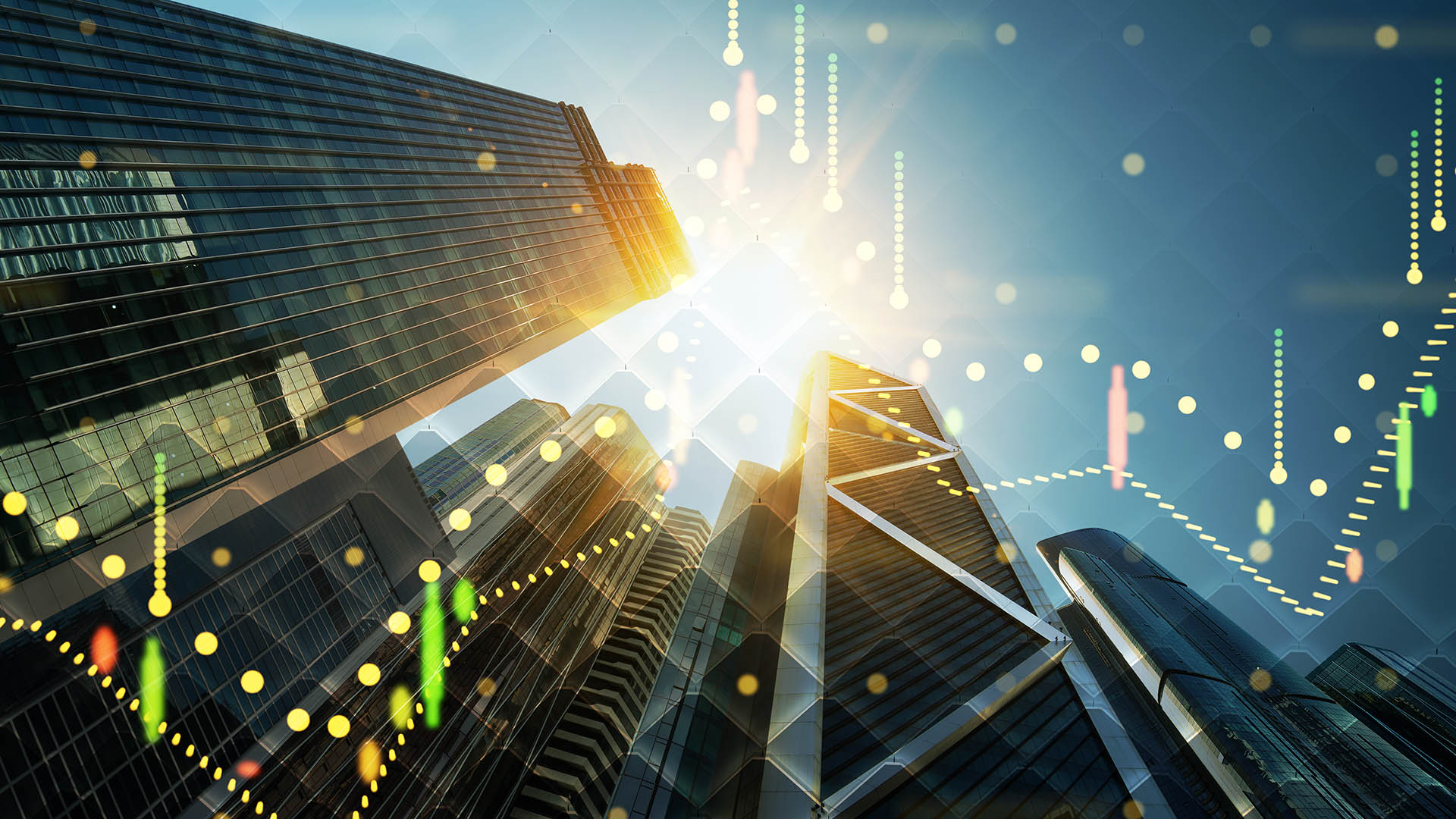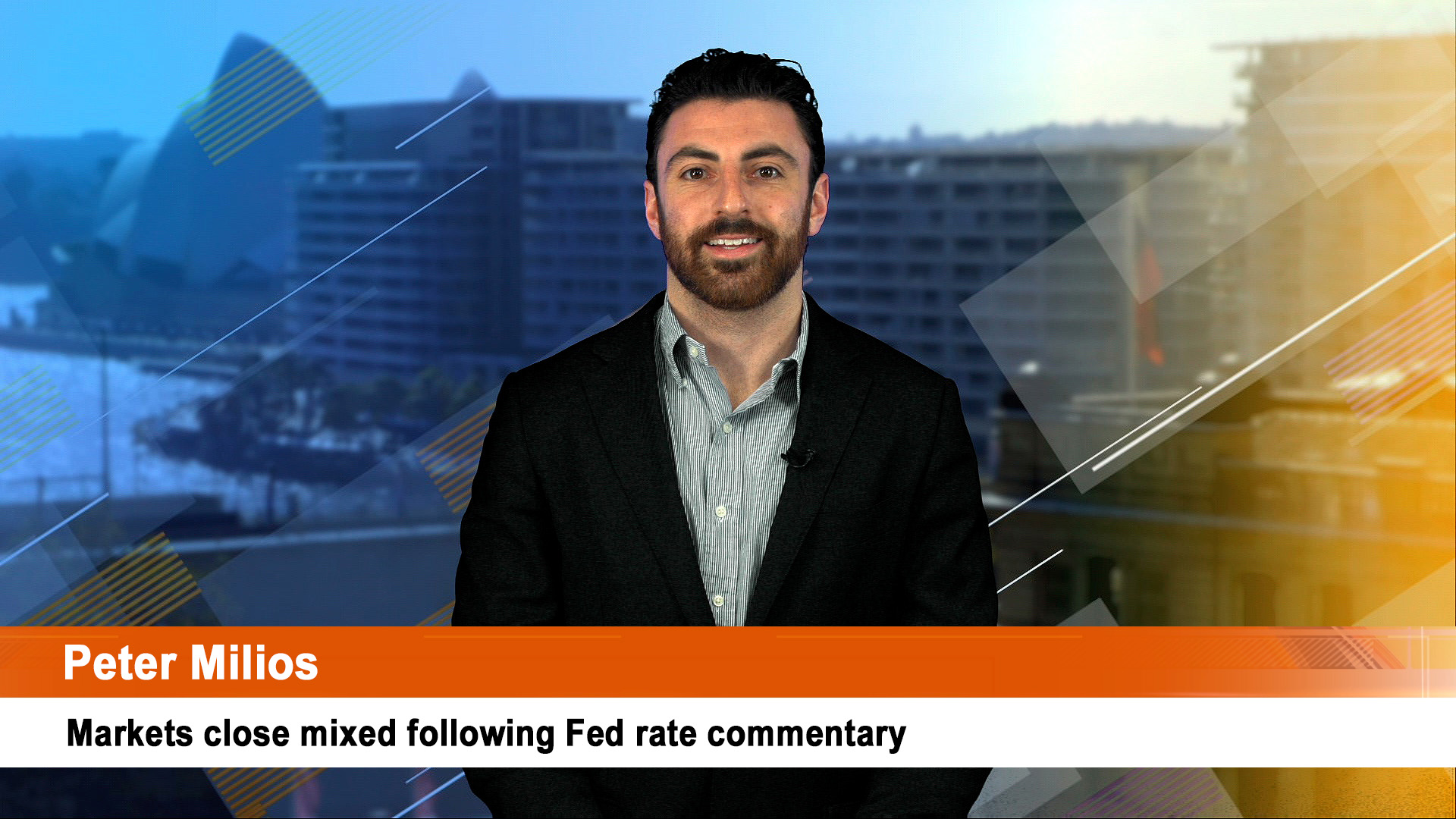Is this a lead for the rest of Australia’s states (not the ACT which has changed the way it taxes property)? The 2020-21 NSW budget will make dramatic changes to homeownership costs once changes to replace the much-hated stamp duty are worked out.
At the same time, the budget (with its $16 billion deficit) also contains a quick hit for restaurants, cafes, and other eateries (as leaked to media outlets this week) and also cuts payroll taxes.
The mooted changes to stamp duty and the taxation of housing for owner-occupiers is the major surprise from the budget.
The Government says in the short term the property tax proposal will reduce government revenue but that is expected to change over time and revenue under the new model will be little different to now.
Treasurer Dominic Perrottet said the government will start a public consultation a property tax model he says will make homeownership more achievable.
NSW Treasury estimates stamp duty adds $34,000 to the upfront cost of buying the average home in NSW. It takes on average two-and-a-half years to save to pay stamp duty compared to one year in 1990.
The proposal would give home buyers the option of paying a large lump sum upfront, similar to stamp duty, or an annual property tax.
The property tax would be a fixed amount plus a rate applied to the unimproved land value of an individual property – similar to what occurs with council rates.
Under the change, once a property is subject to the tax, subsequent owners must also pay.
The changes will only apply to those buying property. If you’re not moving home and have already paid stamp duty you will not have to pay the tax.
The proposal would see owner-occupied homes pay lower rates on property tax than investment properties. However, protections would also be put in place so that the property tax does not result in rent increases without a tenant’s agreement.
For first home buyers, there’s a different plan. Those who have stamp duty concessions for properties of up to $800,000, would see them instead given a grant of up to $25,000 to go towards the tax or home refurbishing.
Owners of investment properties (houses, units etc) and commercial properties won’t enjoy the benefit of lower rates that owner-occupiers will.
Meanwhile, employers will get a cut to the payroll tax rate and an increase to the tax threshold in a sort of double win.
Over the next two years the tax rate will be cut from 5.45% to 4.85%, to be backdated to July 1 this year.
This means the average business liable for payroll tax could save around $34,000 a year.
On top of that, the tax threshold will be permanently increased from $1 million to $1.2 million.
And businesses that fall below the payroll tax threshold will be able to apply for $1,500 in digital vouchers to help with government fees, including local government.
The Treasurer wants NSW people to get out and about to cafes, clubs and restaurants – and he’s giving everyone $100 to do so.
The $500 million centrepiece of the budget will see every adult in NSW given four $25 digital vouchers to spend separately on dining and entertainment.
Two vouchers can be used for eating in venues and two can be used for entertainment and recreation – cinemas, amusement parks and performing arts.
(And the vouchers can’t be used for alcohol, tobacco or gambling.)
So free flics, $25 worth of coffee and smashed avo toast, a ride or two on a ferry, but no fags or a flutter on the pokies.













